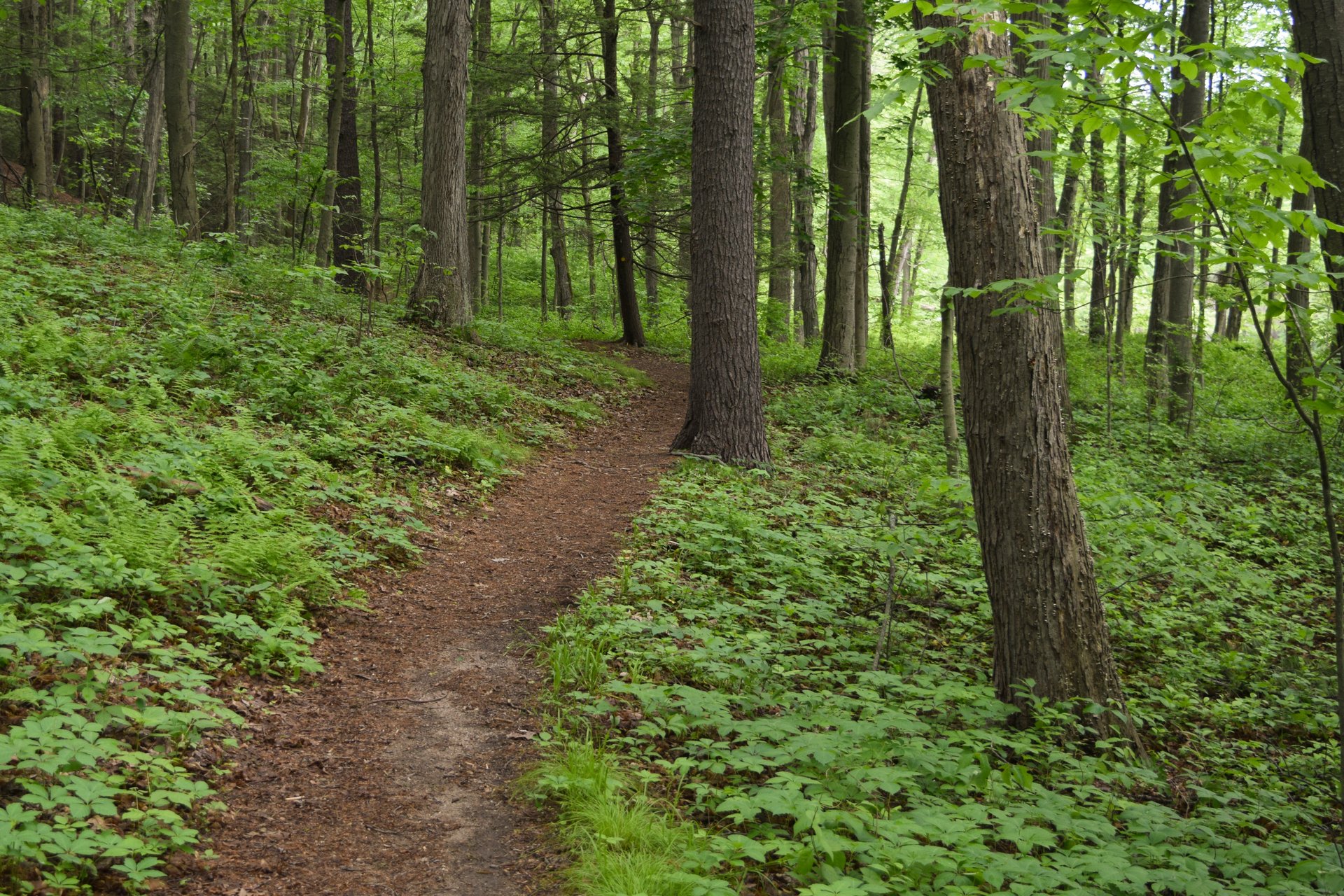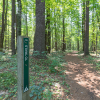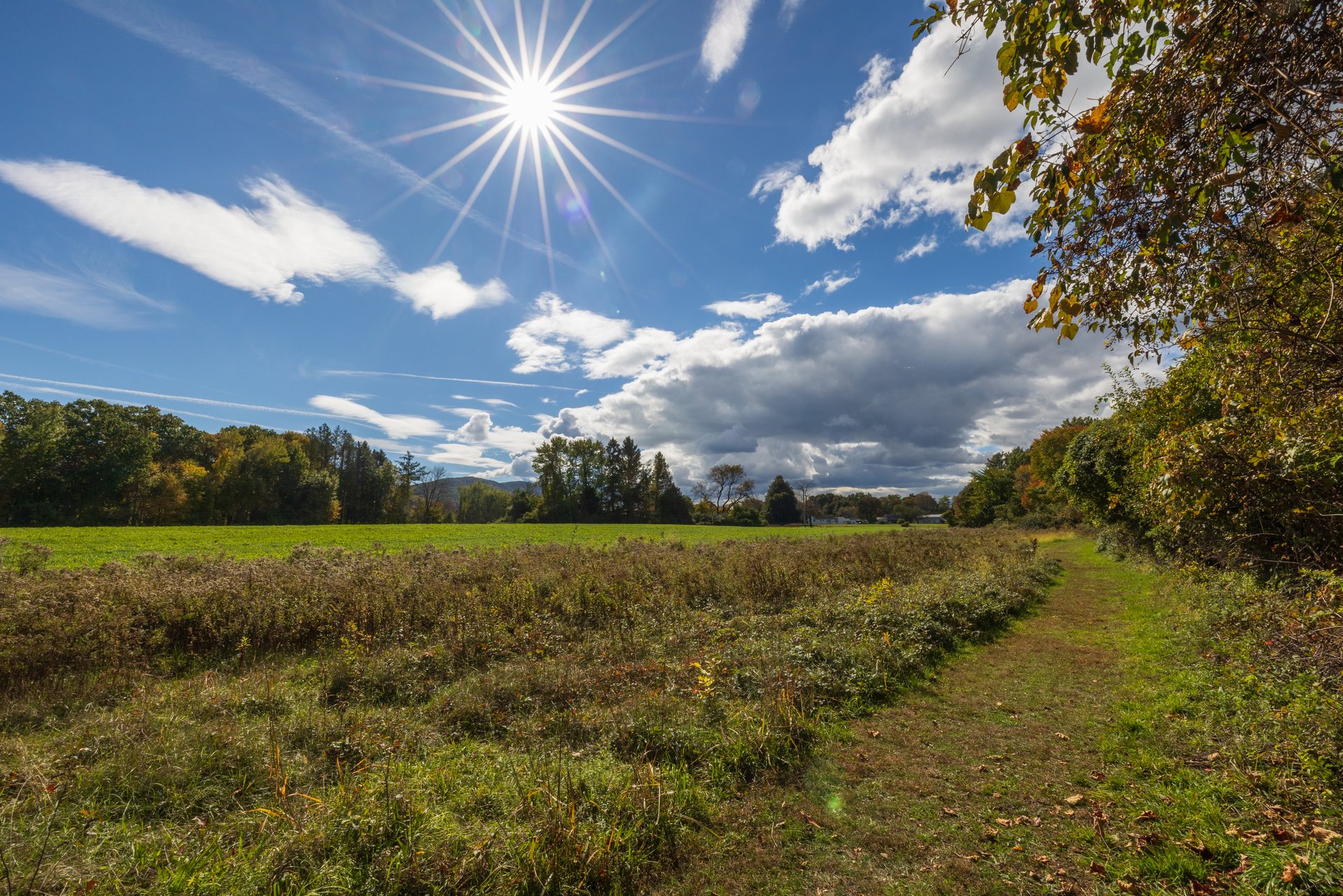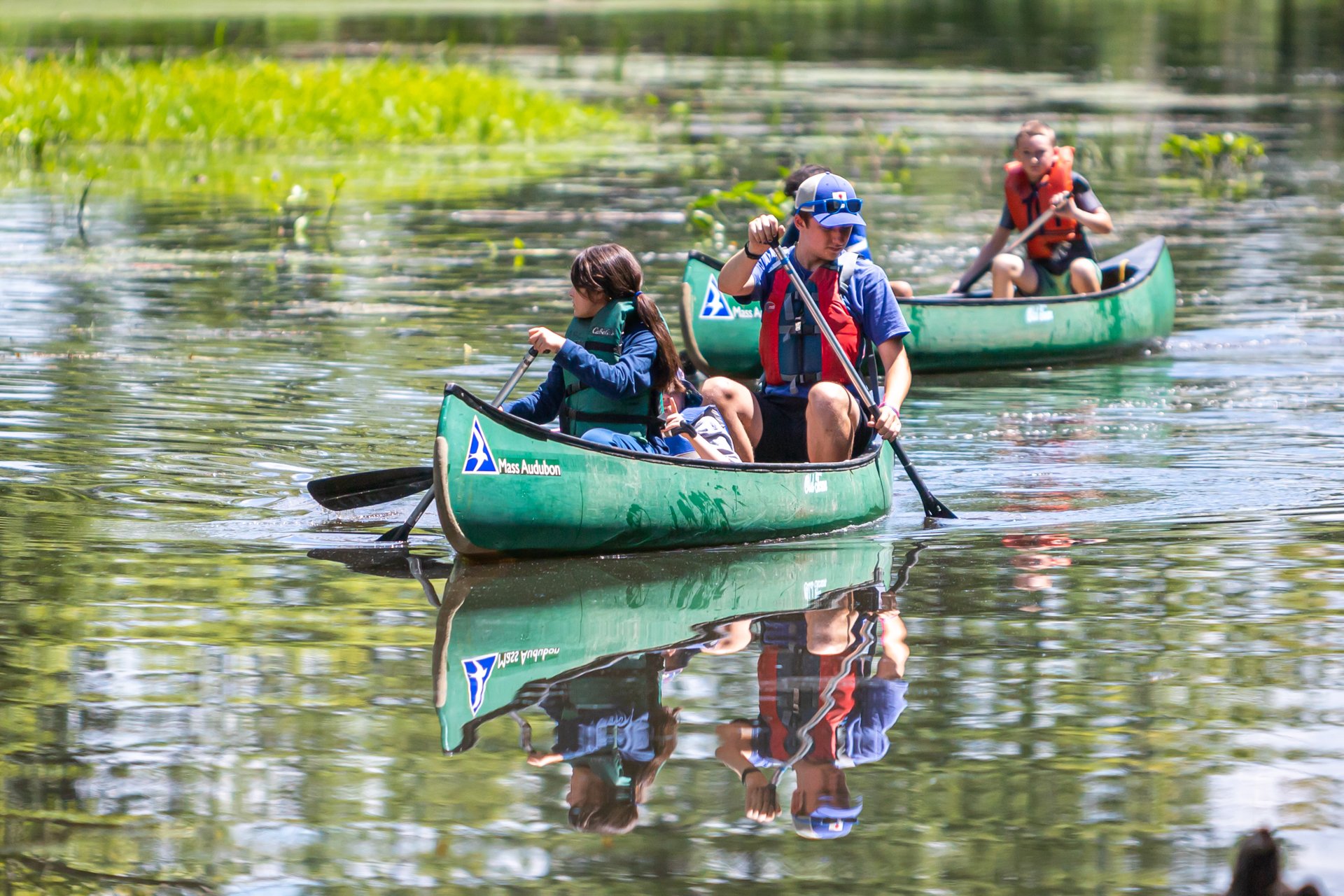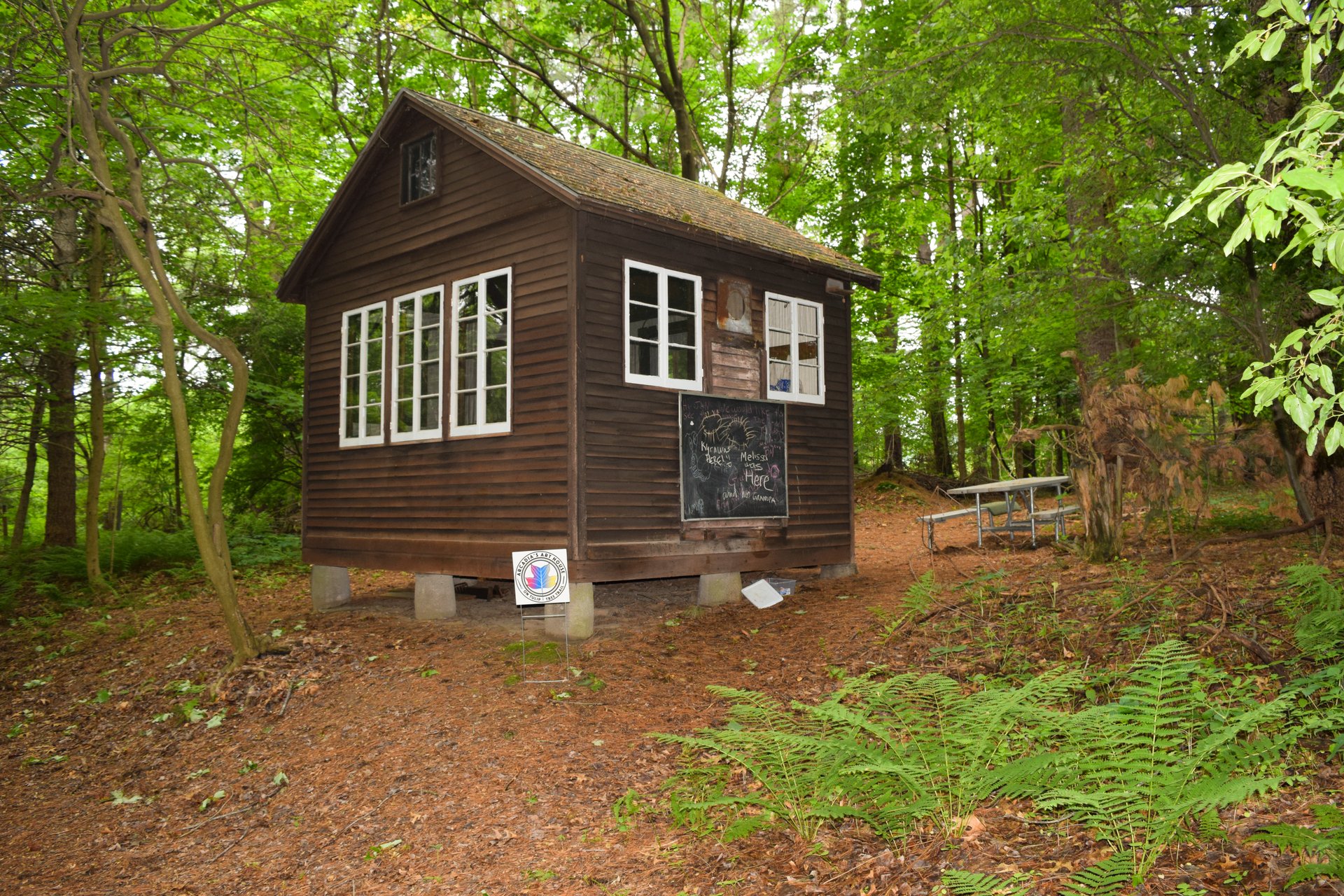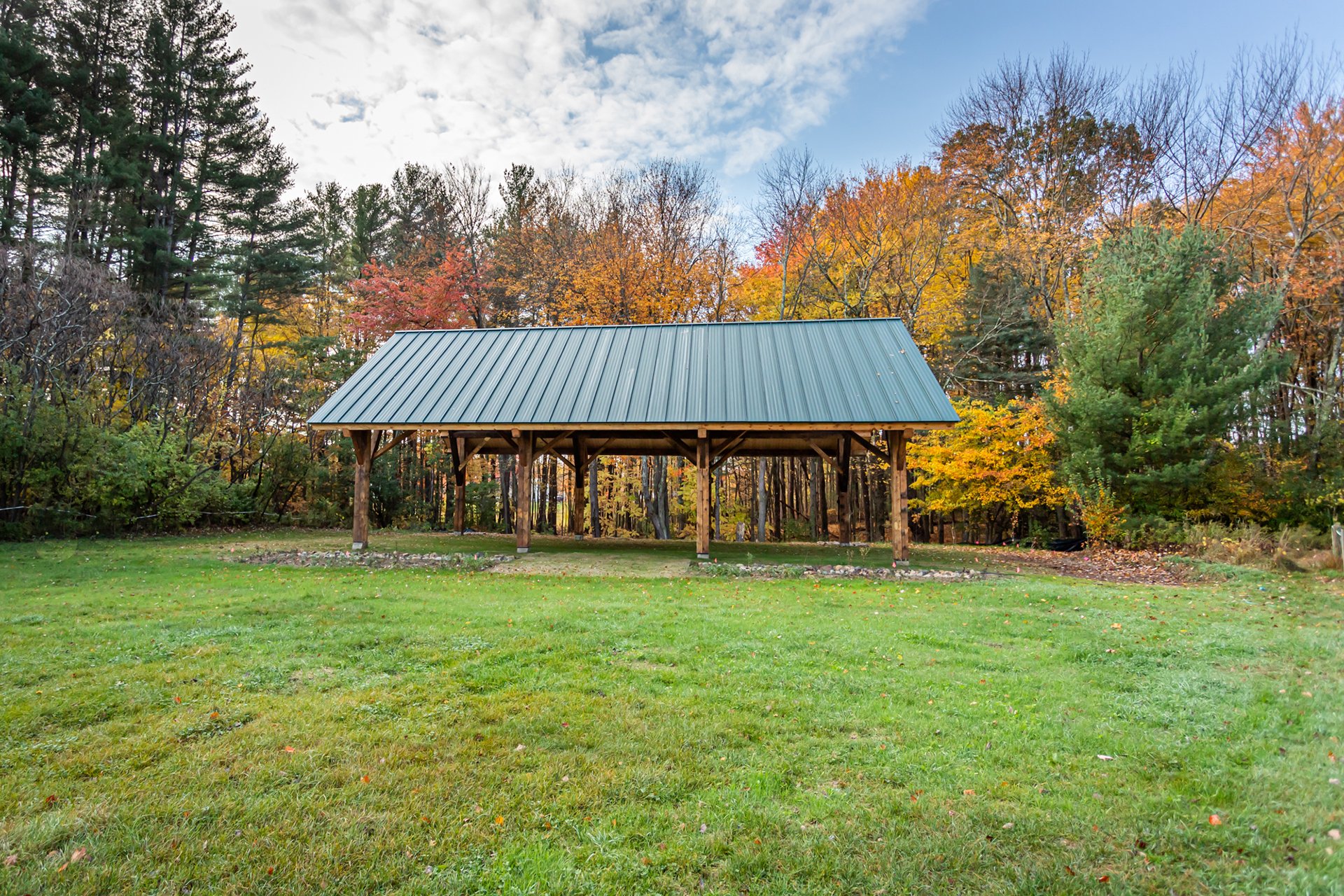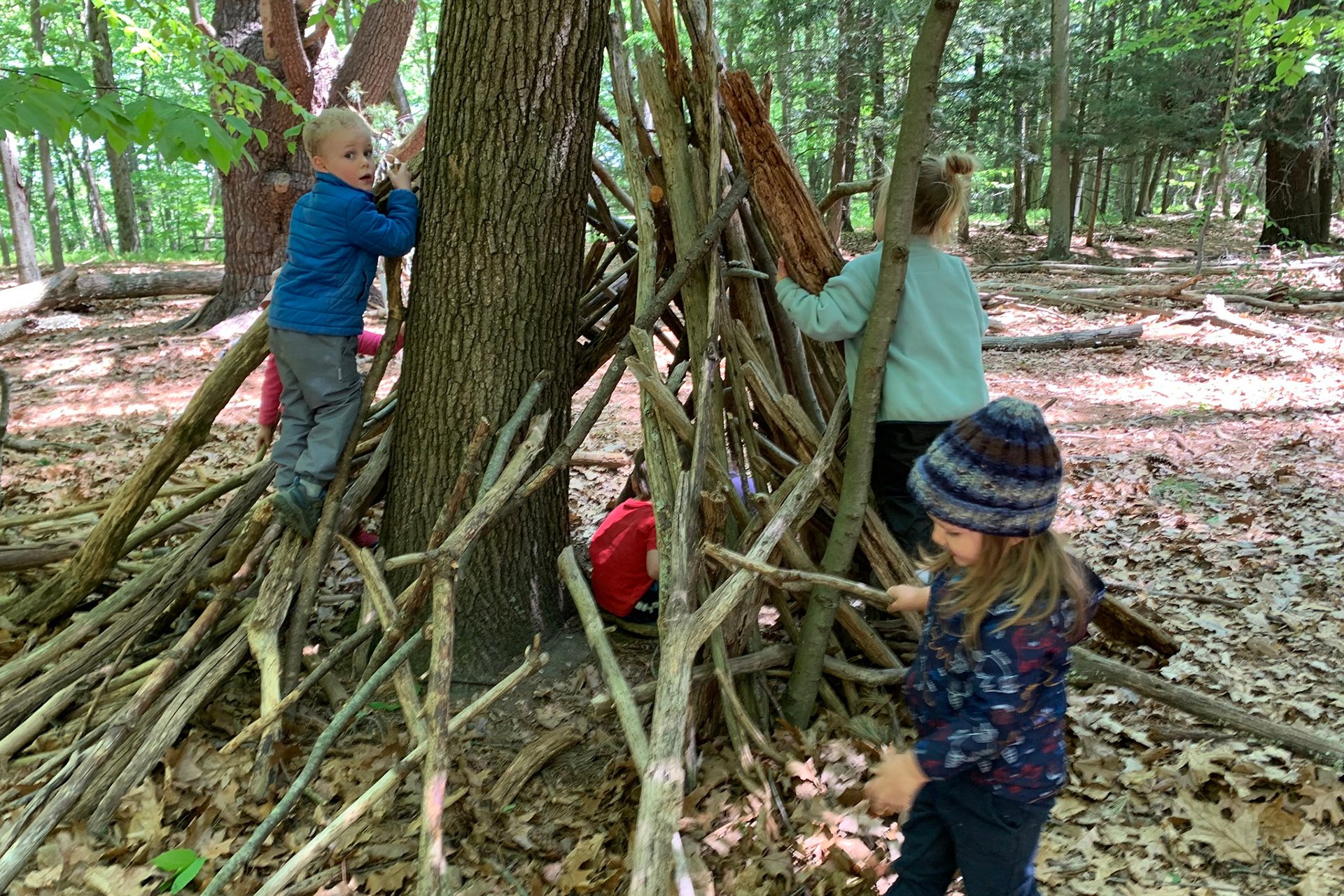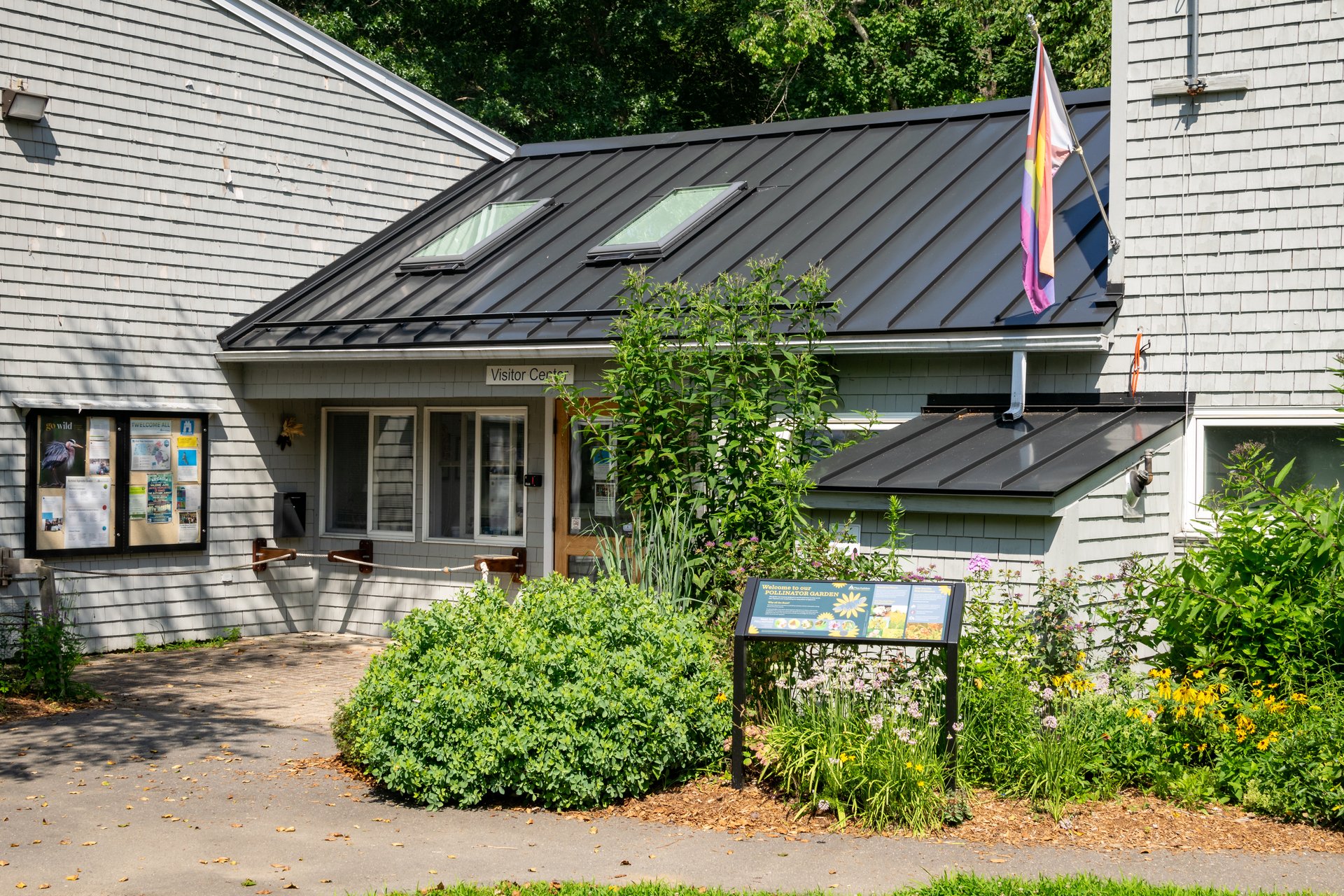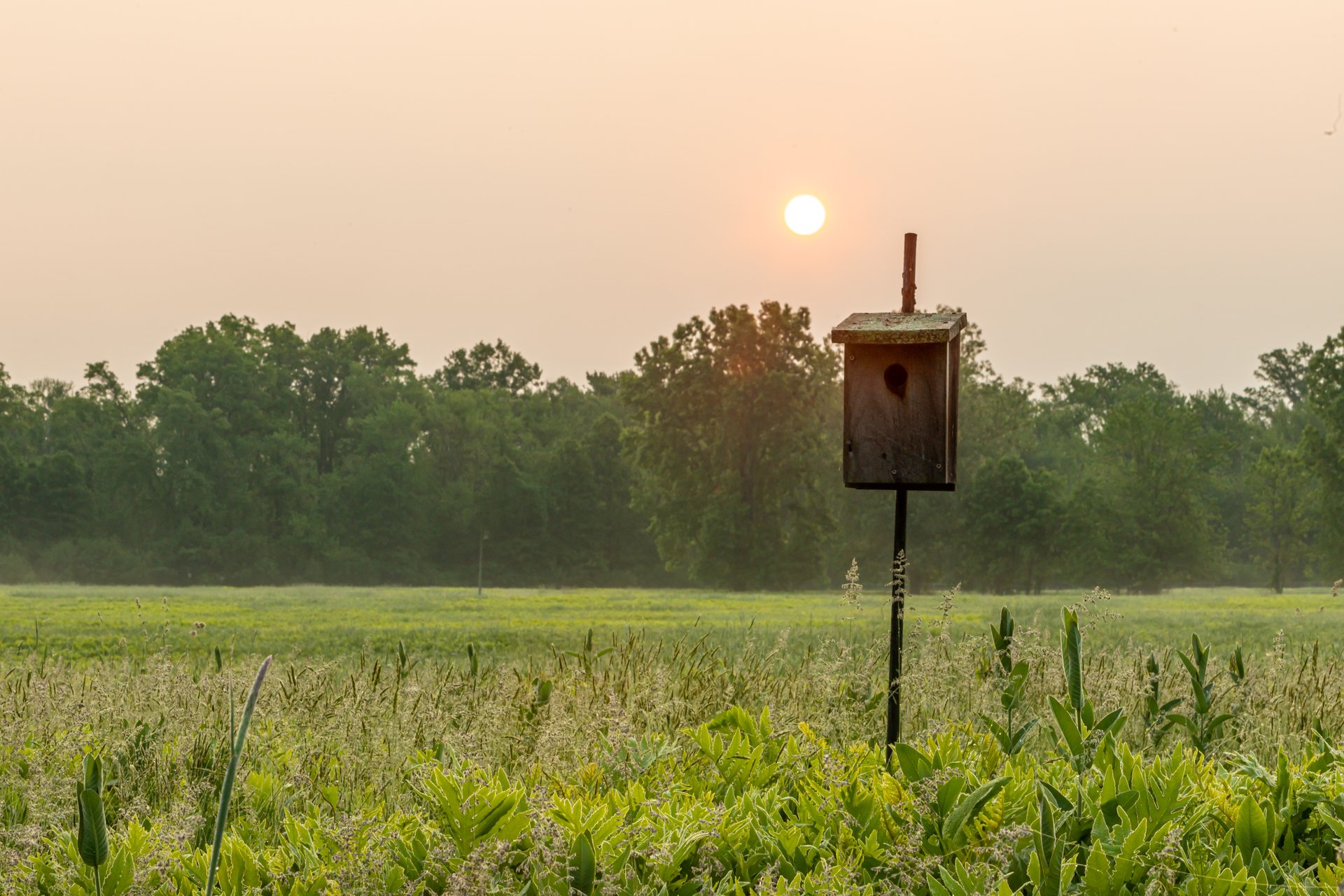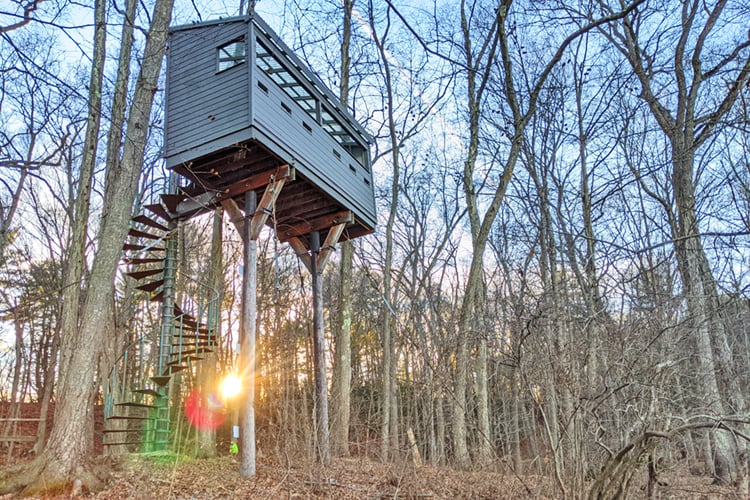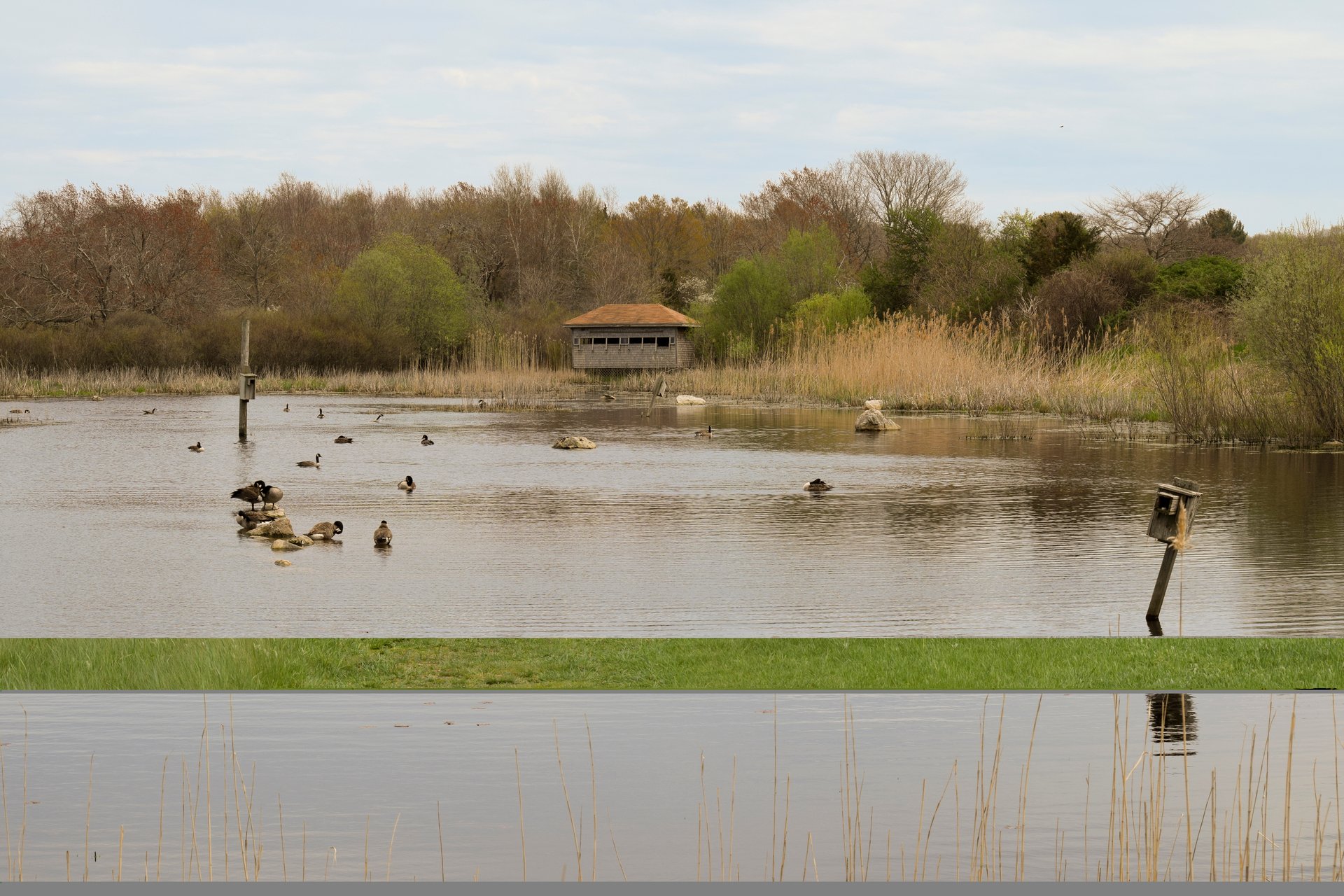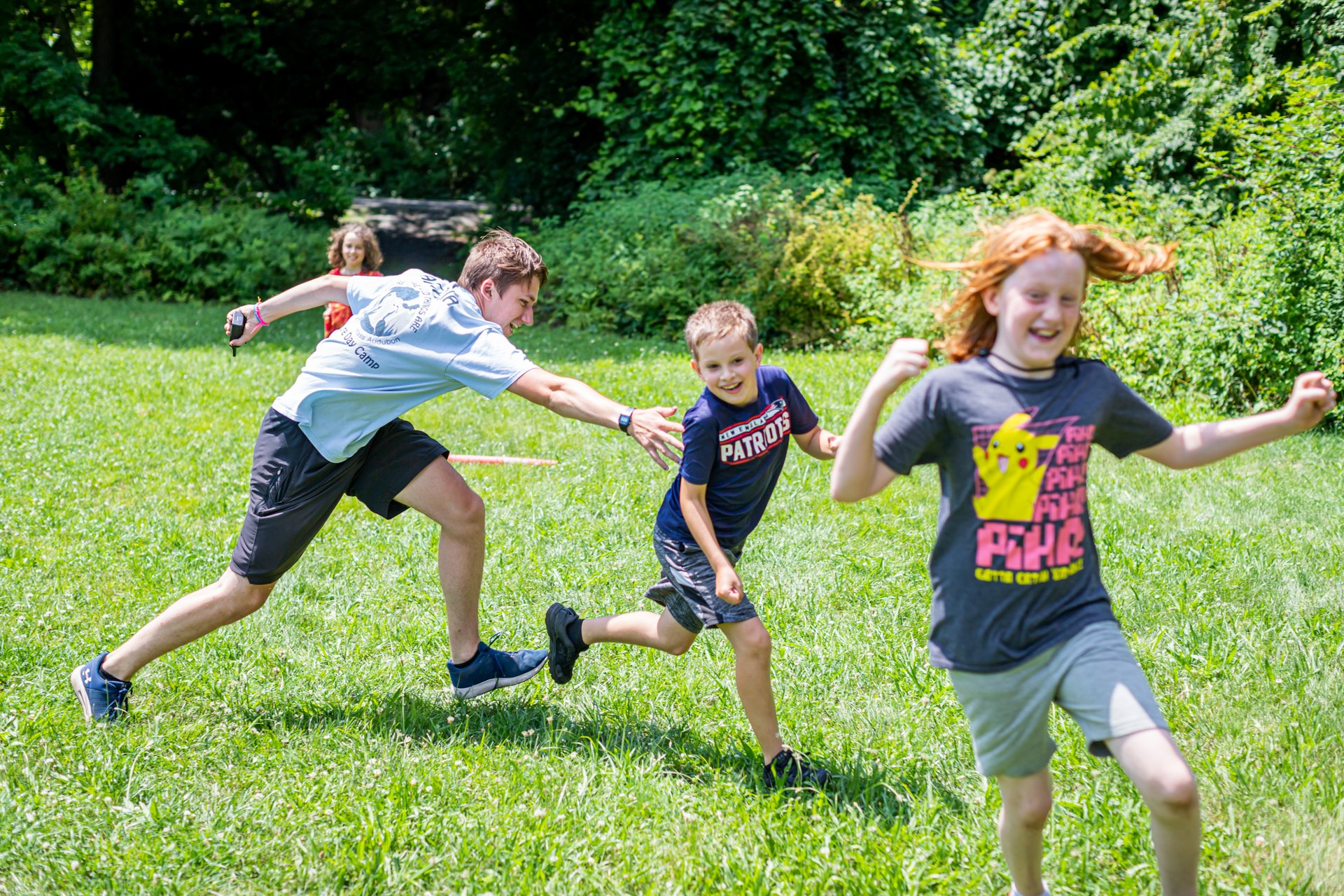Arcadia Wildlife Sanctuary
- Easthampton & Northampton
- 751 Acres
Plan Your Visit
Spanning Easthampton and Northampton, Arcadia's diverse terrain of forest, meadows, grasslands, marsh, and wetlands attracts an extraordinary variety of birds and other wildlife. Explore 4 miles of trails, make art outdoors, take in expansive views from the observation tower, explore the Mill River by canoe, and embark on your next nature adventure in the Connecticut River Valley.
Hours
Nature Center
- Monday-Friday
- 9:00 am–3:00 pm
- Saturday
- 9:00 am–4:00 pm
- Sunday
- 9:00 am-3:00 pm
Trails
- Daily
- dawn to dusk
- 4 miles
- 850 feet
Admissions
- Adults $4
- Seniors (65+) $3
- Children (2-12) $3
Contact
127 Combs Road
Easthampton, MA 01027
Connect with Arcadia
Property Regulations
- Foot travel only; please stay on trails (day passes are available for powered mobility devices)
- Dog walking and horseback riding are prohibited; please leave all animals and pets at home (service animals welcome)
- Camping, collecting, smoking, hunting, fishing, releasing of animals, and feeding wildlife is prohibited.
- Commercial photography needs prior approval; please see all photography guidelines.
Facilities
Latest News
Through the Blind: The Best Spots for Wildlife & Bird Watching
Keep ReadingTop 10 Experiences at Arcadia Nature Camp
Keep ReadingUpcoming Programs
See moreSpring Wildflowers at High Ledges
-
High Ledges Wildlife Sanctuary, Shelburne
-
Wednesday, May 14
9:00am-12:00pm
Adults
Saturday Morning Bird Walk at Arcadia
-
Arcadia Wildlife Sanctuary, Easthampton
-
Saturday, May 17
7:00-8:30am
Adults
Saturday Morning Bird Walk at Graves Farm Wildlife Sanctuary
-
Graves Farm Wildlife Sanctuary, Williamsburg
-
Saturday, May 24
7:00-8:30am
Adults
Stay Connected with Arcadia
Don’t miss a beat on all the ways you can get outdoors, celebrate nature, and get involved.



